Mentorship helps emerging Indigenous physicians succeed
Programs help offset longstanding deficiencies in education, guidance and representation.
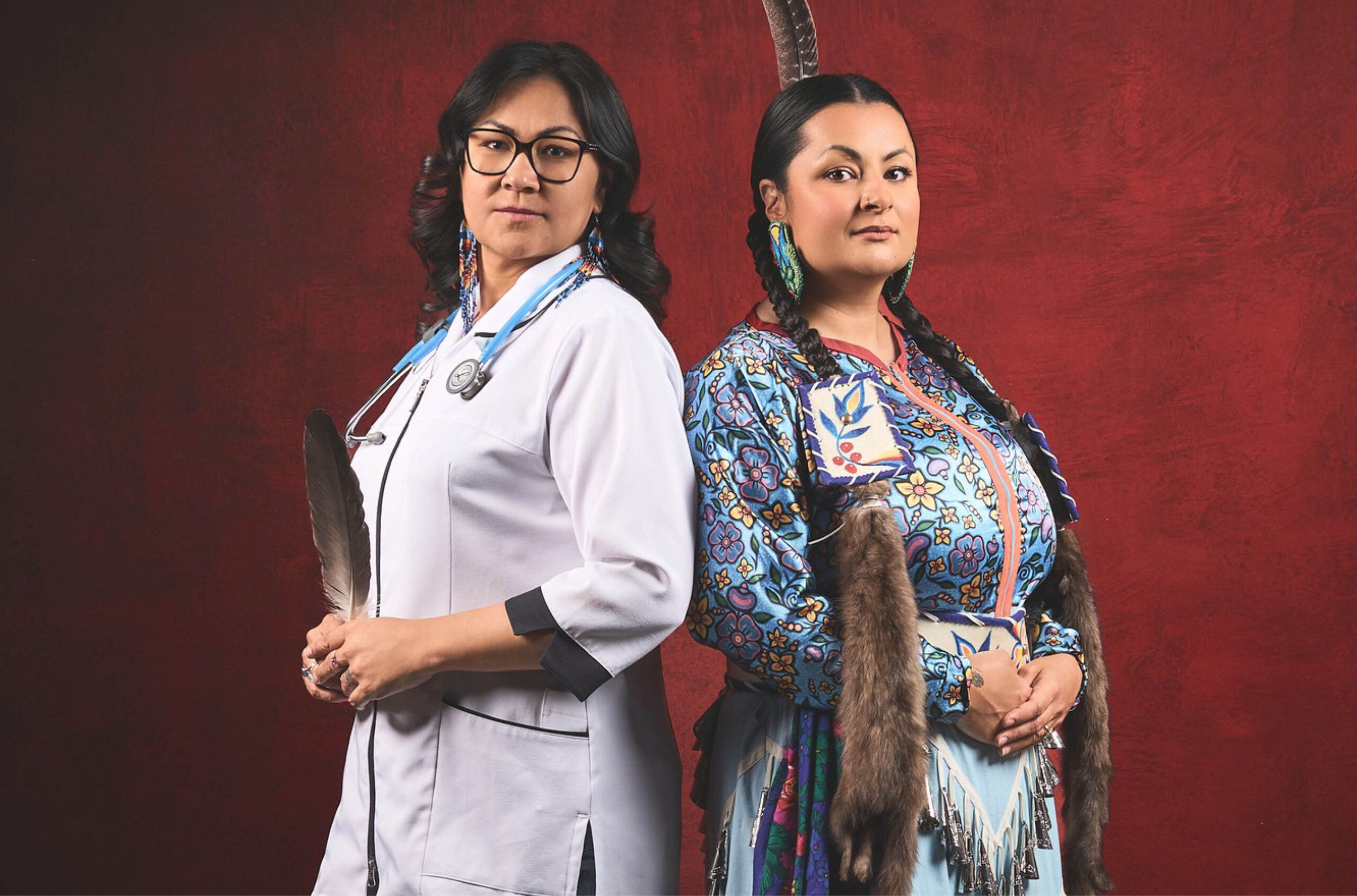
When playing doctor as a child, Jolianne Ottawa always thought that she “wasn’t smart enough to go to university.” A member of the Atikamekw First Nation of Manawan, in Quebec’s Lanaudière region, Ms. Ottawa promised herself that she would quit school at the age of 16 because her bad grades were “too painful.”
“So many things have been said about First Nations: that we’re not smart enough… that we depend on the government, and we shouldn’t get so much help because it’s cheating,” she said.
Despite the resilience of their communities, Indigenous children are often dogged by feelings of inferiority and a sense of impostor syndrome that erodes their dreams, beginning as early as grade school. According to the most recent report of the Auditor General of Québec, Indigenous educational success is hampered by insufficient academic and social support, as well as poorly allocated funding. In the 25 to 34 age group, 31.4% of Indigenous Quebecers hold neither a certificate nor a diploma, compared to 9.3% of the non-Indigenous population.
Motivated by her dreams of someday being able to support a family, Ms. Ottawa worked hard to finish high school. Overcoming obstacles including financial and food insecurity, identity questions, and a lack of encouragement from guidance counsellors, she earned her college degree in nursing. She returned home to work as a community nurse, rising through the ranks to become a nursing staff supervisor at Masko-Siwin health centre.
With professional success, her sense of inferiority receded, and at 41, Ms. Ottawa enrolled in a B.Sc. in nursing at Université Laval (ULaval). Since her academic results fell below the minimum requirement, her acceptance was conditional upon participation in a mentorship program, which ended up having a major impact. Over the course of the program, Ms. Ottawa became aware of her own intellectual abilities. She was shocked to learn that, under “the right circumstances,” and with sufficient encouragement and psychosocial support in childhood, she could have been a physician.
Representation issues
According to the recent report Answering the Call: Strategies to Increase the Number of Indigenous Physicians in Canada co-produced by the Future Skills Centre and the Conference Board of Canada, “Mentorship, especially from other Indigenous physicians, helps build confidence, reduce isolation, and offers culturally relevant guidance through complex and often discriminatory healthcare systems.”
Indigenous Peoples, including First Nations, Métis, and Inuit communities, make up nearly five per cent of Canada’s population, but fewer than one per cent of them are doctors. There is still much work to be done to rectify historical injustices and encourage the next generation of Indigenous physicians.
The Dream Stick
Anaïs Malec, 23, is a fourth-year medical student at ULaval. The young Innu student from the northern Quebec community of Ekuanitshit, population around 500, moved ten hours away from her home to study medicine in the provincial capital.
Ms. Malec comes from a tight-knit family. In addition to mentors provided through the university, her family lends unconditional support. “I owe my family everything,” she says. “My community has so much potential, but there aren’t enough people teaching kids how to believe in themselves and their dreams!”
As a teenager, Ms. Malec met the Innu surgeon Stanley Vollant on his annual expedition, Mamu Nikantetau (Innu-Aiman for “let’s move forward together”), during which he sets out to meet Innu and othep First Nations Peoples, equipped with his “dream stick.” The doctor uses this outdoor activity to advocate for Indigenous perseverance, wellness and resilience. He invited Ms. Malec to hold onto one of his walking sticks and allow herself to dream. Her wish to become a doctor became clear during this symbolic exercise. It was a defining moment for her, and she started to believe in her dream.
The following year, with her parents’ support, Ms. Malec met students working in several medical disciplines through Mini Med Schools, another immersive program initiated by Dr. Vollant to inspire young Indigenous students to consider medical careers.
In 2025, now a mentor in her own right, Ms. Malec grabbed her stethoscope and lab coat and joined Mini Med Schools, introducing young students in her community of Ekuanitshit to the wonders of medicine.
Dr. Stanley Vollant: the mentor who was “scared of blood and getting bitten”
Dr. Vollant was one of 93 Indigenous doctors out of 24,217 registered physicians in the Collège des médecins du Québec (the professional order of physicians in Quebec) in 2023. He says that, based on his childhood experience, “there wasn’t much chance of becoming a doctor.” His mother, a survivor of the harsh acculturation methods of the residential school system, was in poor health. Dr. Vollant was raised by his grandparents in Pessamit, a community on the north shore of the St. Lawrence River, 145 kilometres northeast of Tadoussac.
“It never occurred to me to go into medicine – I was scared of blood and getting bitten!”
He was accepted into the Faculty of Medicine at Université de Montréal (UdeM) in 1984, earning one of only “900 Quebec medical school spots for over 8,000 applications.” Although his average was below the cutoff, he had a strong school record along with reference letters from Indigenous Chiefs.
A member of the board of Santé Québec, Dr. Vollant is working on multiple aspirational projects and equity initiatives in medicine. He says he’s committed to leaving a traditional legacy of “Indigenous pride” that he hopes to instill in new generations from early childhood.
Dr. Vollant participated in political discussions that led to the creation, in 2008, of the Quebec First Nations and Inuit Faculties of Medicine Program (QFNIFMP), also called je deviens médecin (I’m going to be a doctor). In addition to the regular admissions quota for doctor of medicine programs, which the provincial government updates yearly, twelve places are awarded to Indigenous people who complete a selection process, at the end of which they can enter one of Quebec’s four faculties of medicine at McGill University, ULaval, UdeM or Université de Sherbrooke.
As Dr. Vollant explains, “this program is a pathway for students who don’t have the opportunity to become physicians due to difficult family or socioeconomic circumstances,” but who have the potential to get there, just as he did.
“Without an Indigenous stream for applying to medicine, I would never have thought of it,” says Julie Cotton, a general practitioner in Montreal. Dr. Cotton is a member of the W8banaki Nation. She belonged to one of the first cohorts of the program, which has gone on to accept 112 students. A former elementary school music teacher, she decided at the age of 35 and with the support of her family to leave a career that had become monotonous to study medicine at UdeM. Her goal was “to care for urban Indigenous people.”Dr. Cotton, in turn, has been supporting future doctors for four years. She’s involved in the program’s mentorship activities as well as the selection committee for Indigenous medical students, which recently received nearly thirty applications.
Featured Jobs
- Anthropology of Infrastructures - Faculty PositionUniversité Laval
- Engineering - Assistant Professor, Teaching-Focused (Surface and Underground Mining)Queen's University
- Canada Impact+ Research ChairInstitut national de la recherche scientifique (INRS)
- Director of the McGill University Division of Orthopedic Surgery and Director of the Division of Orthopedic Surgery, McGill University Health Centre (MUHC) McGill University
- Soil Physics - Assistant ProfessorUniversity of Saskatchewan



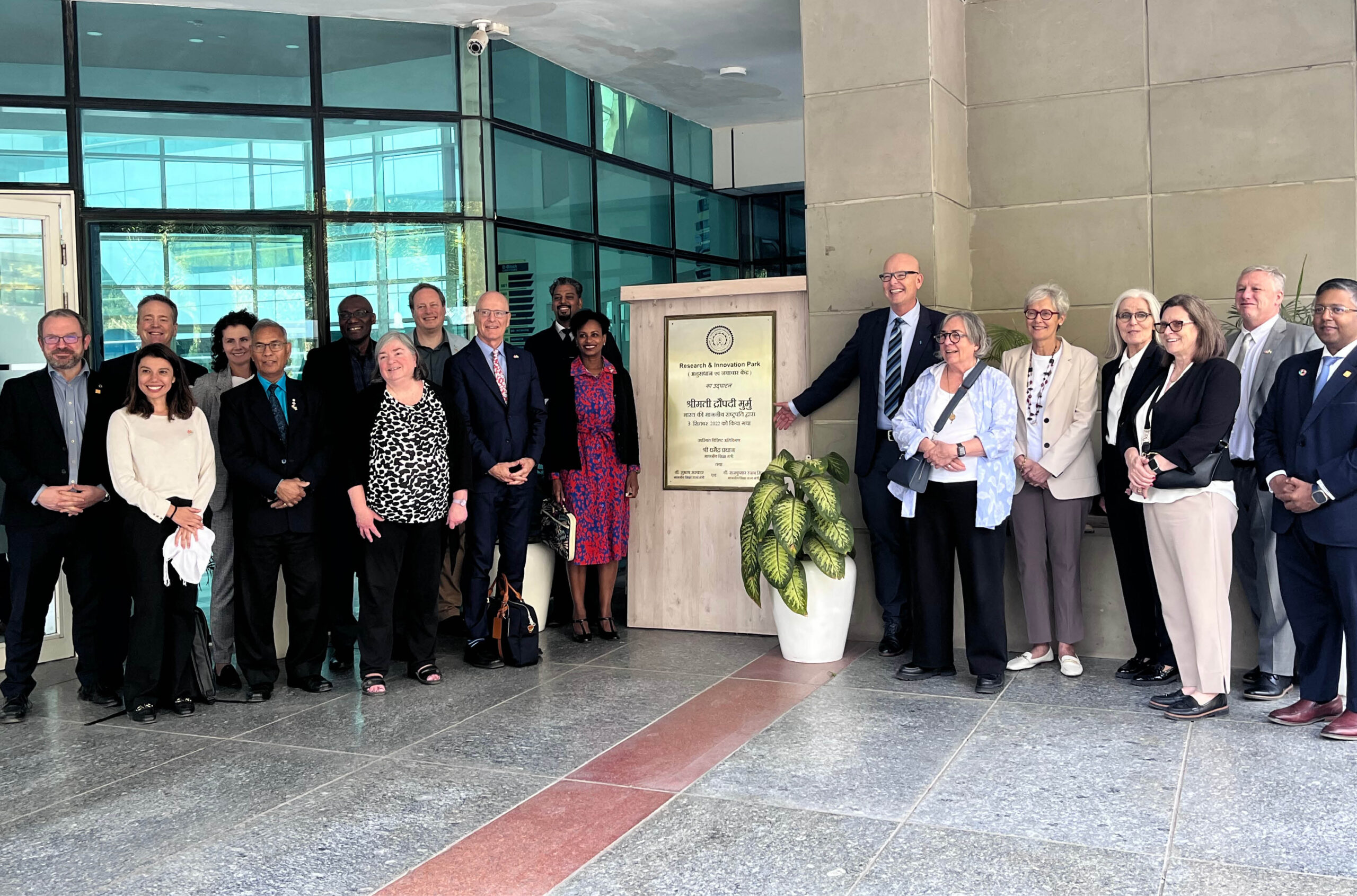
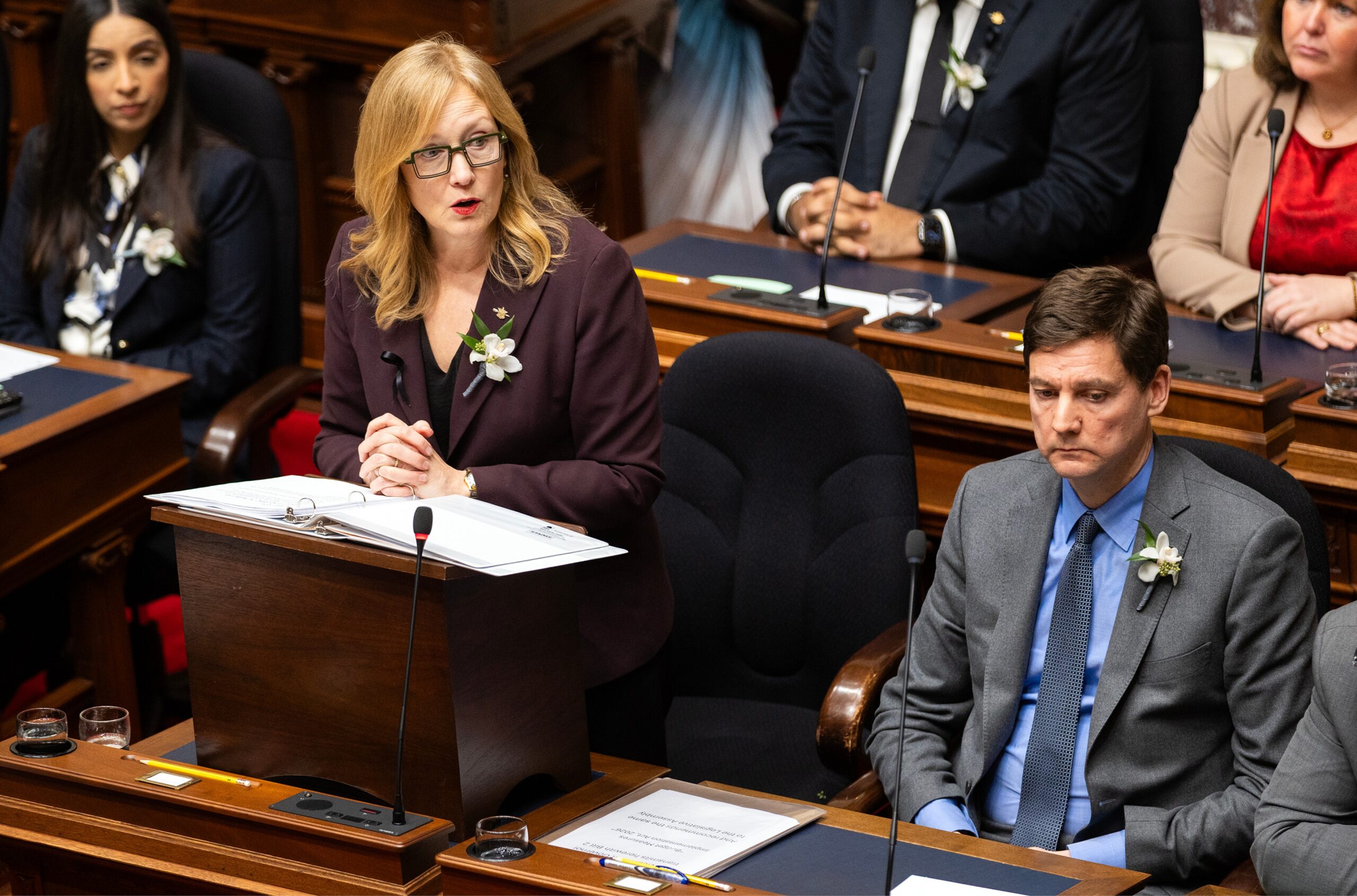
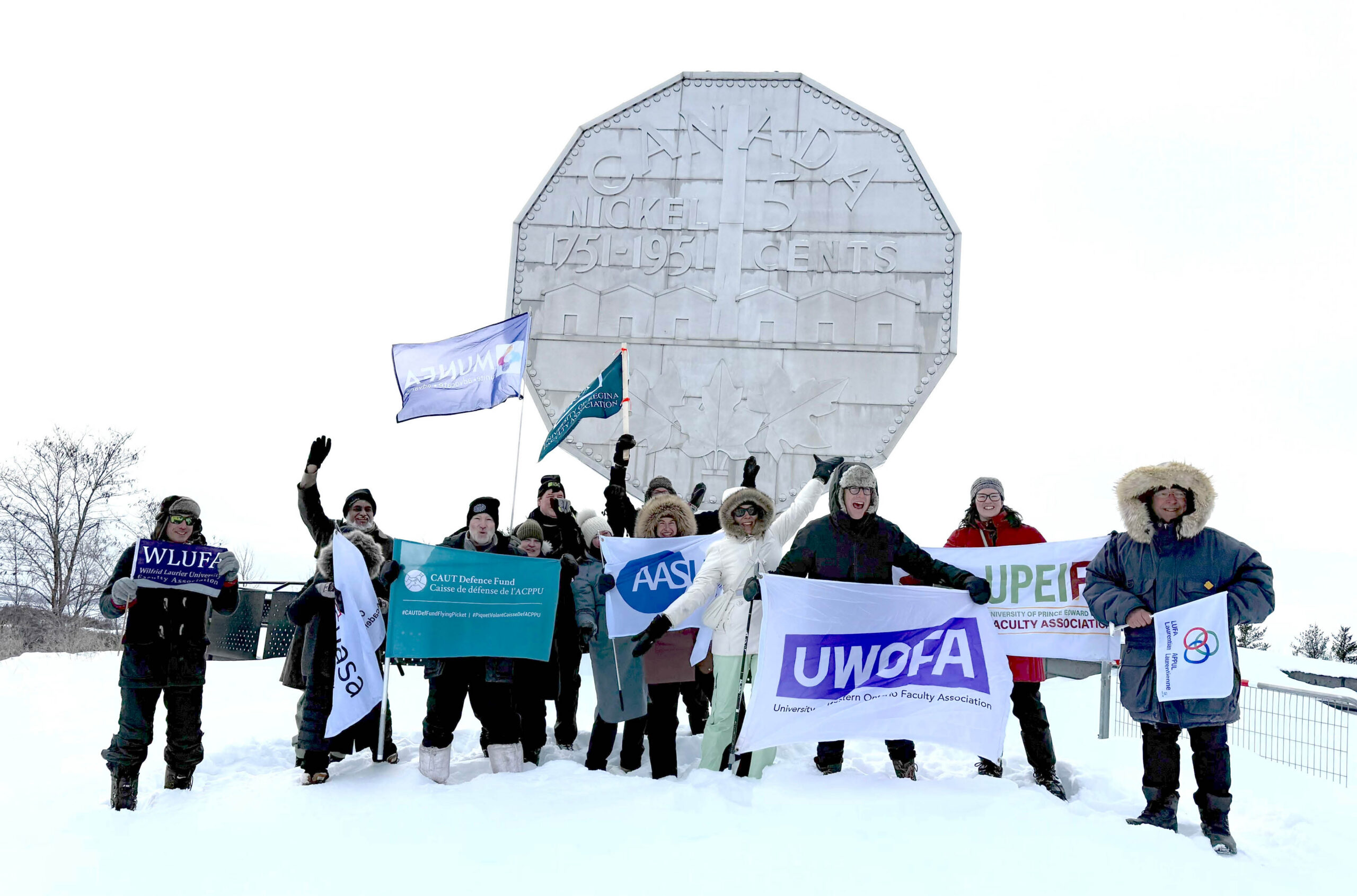
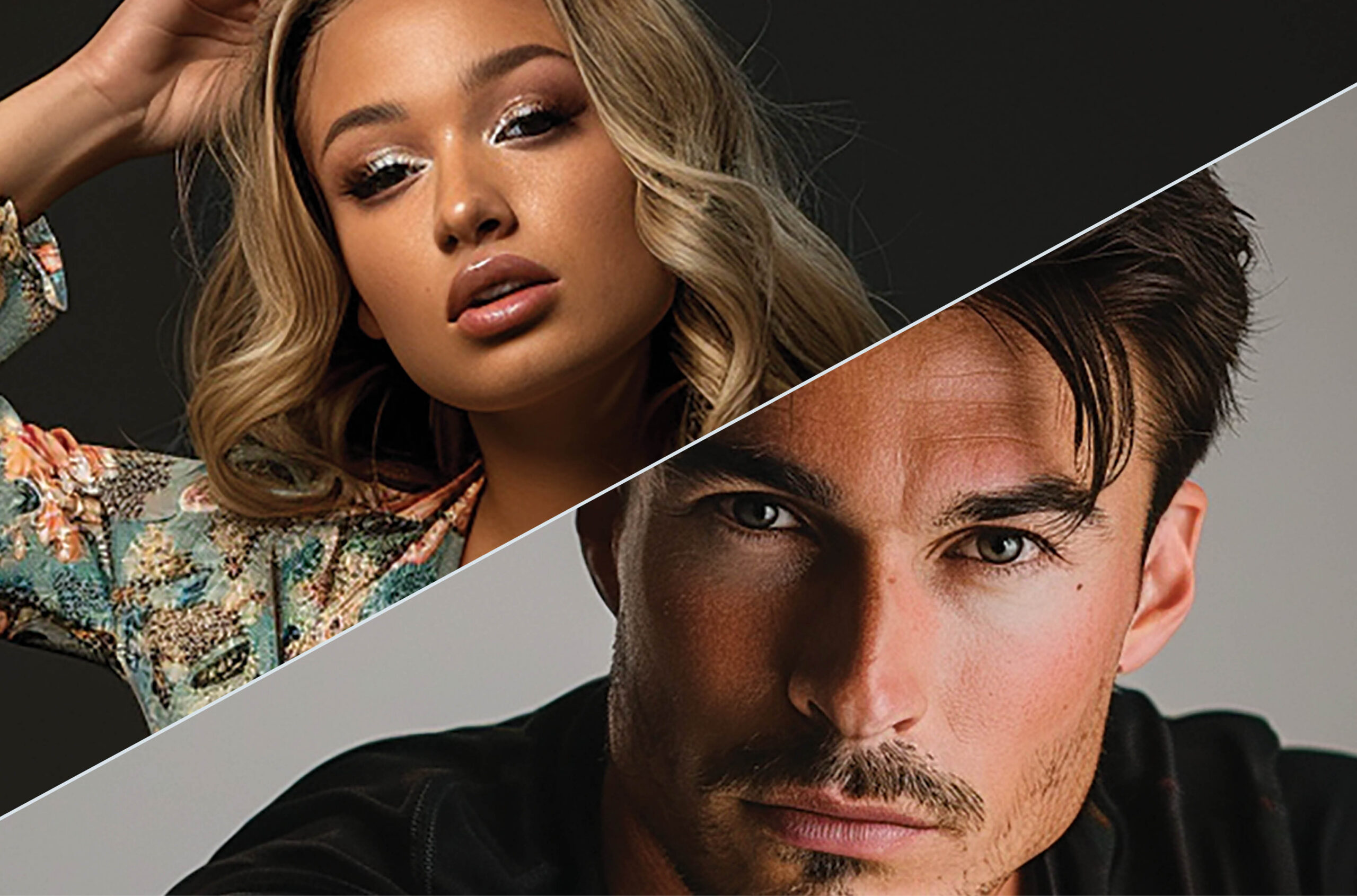
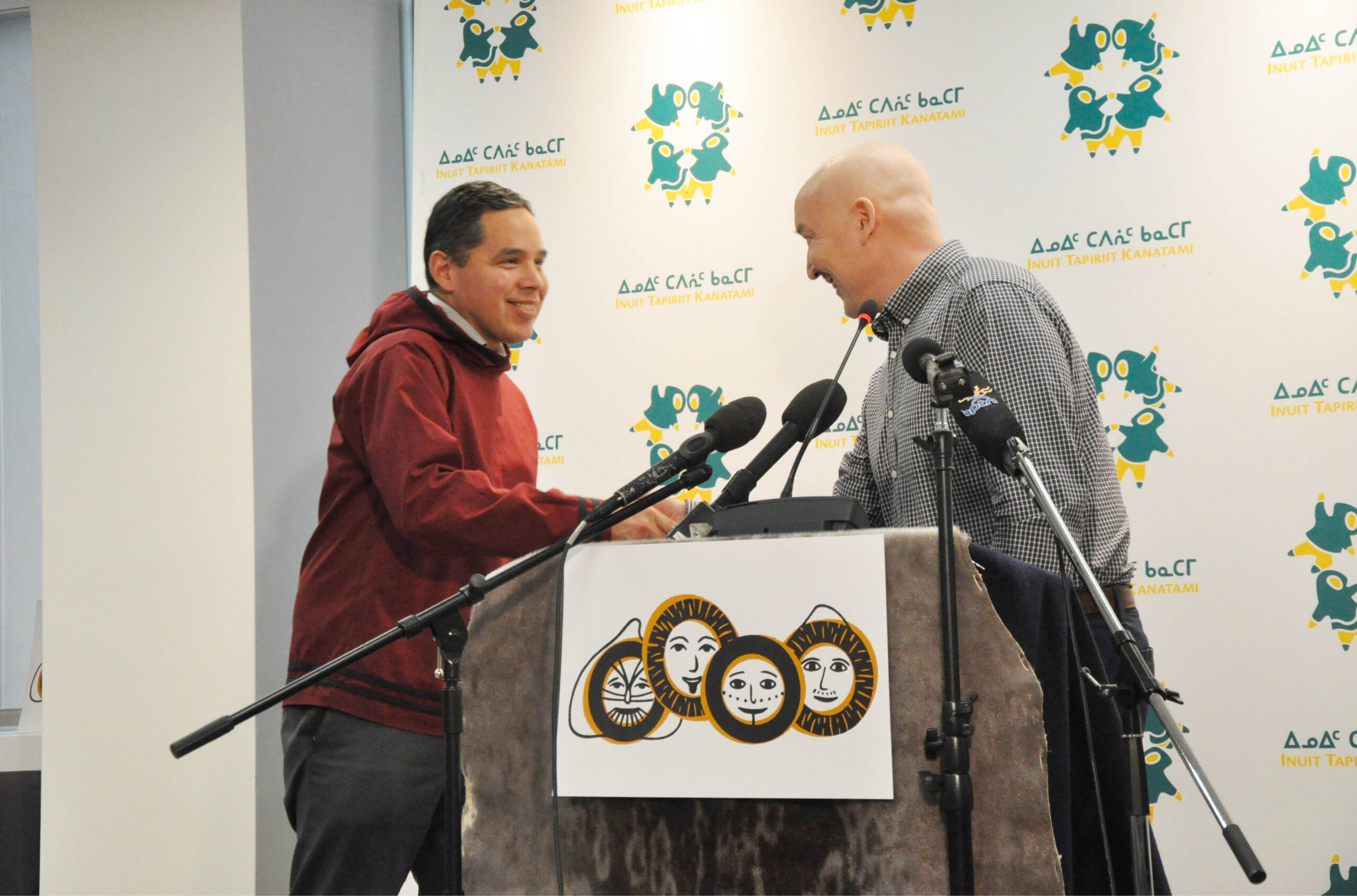

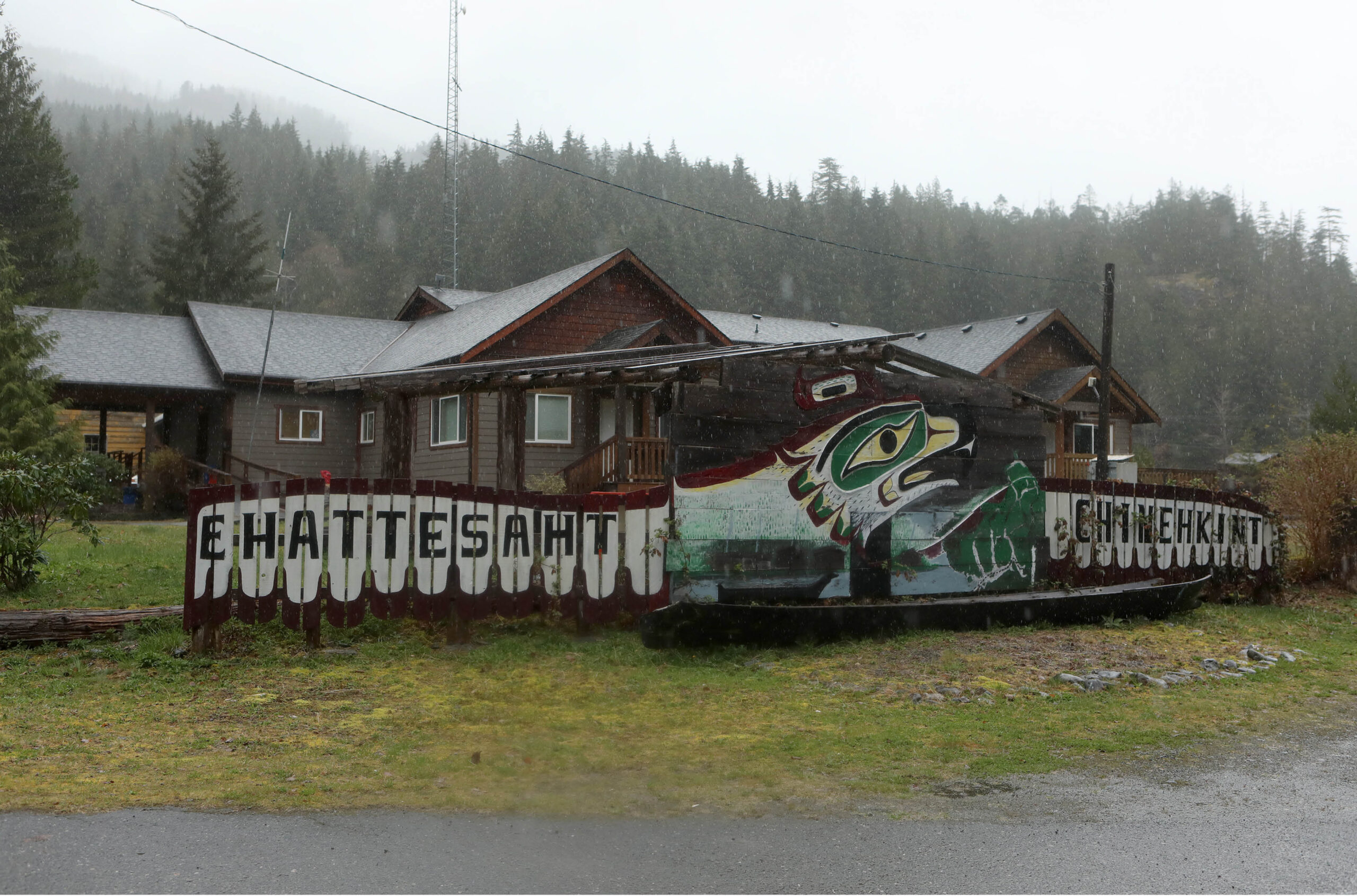
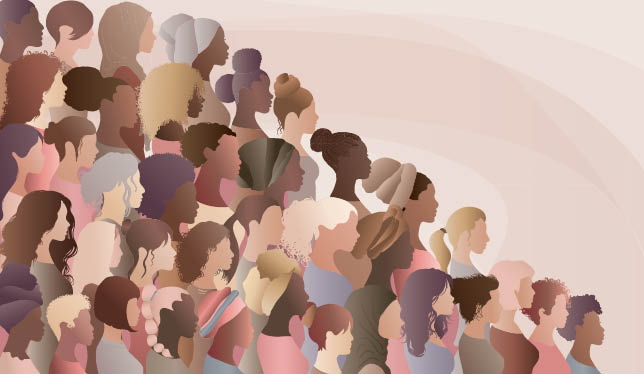
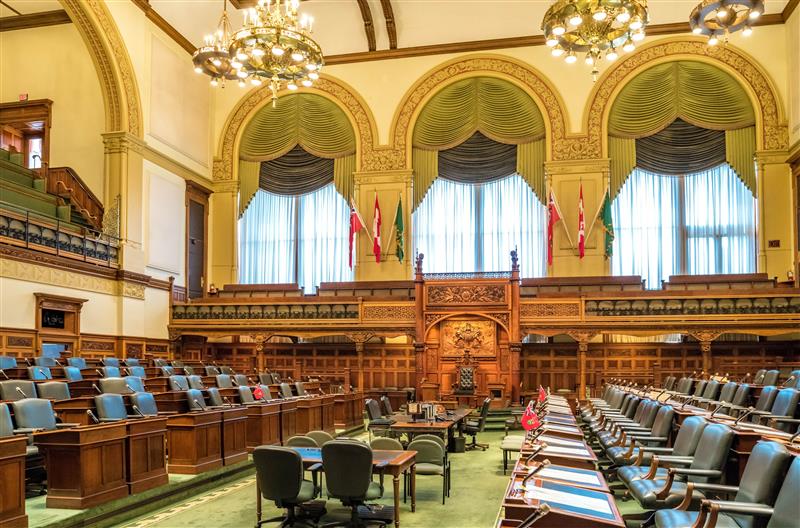
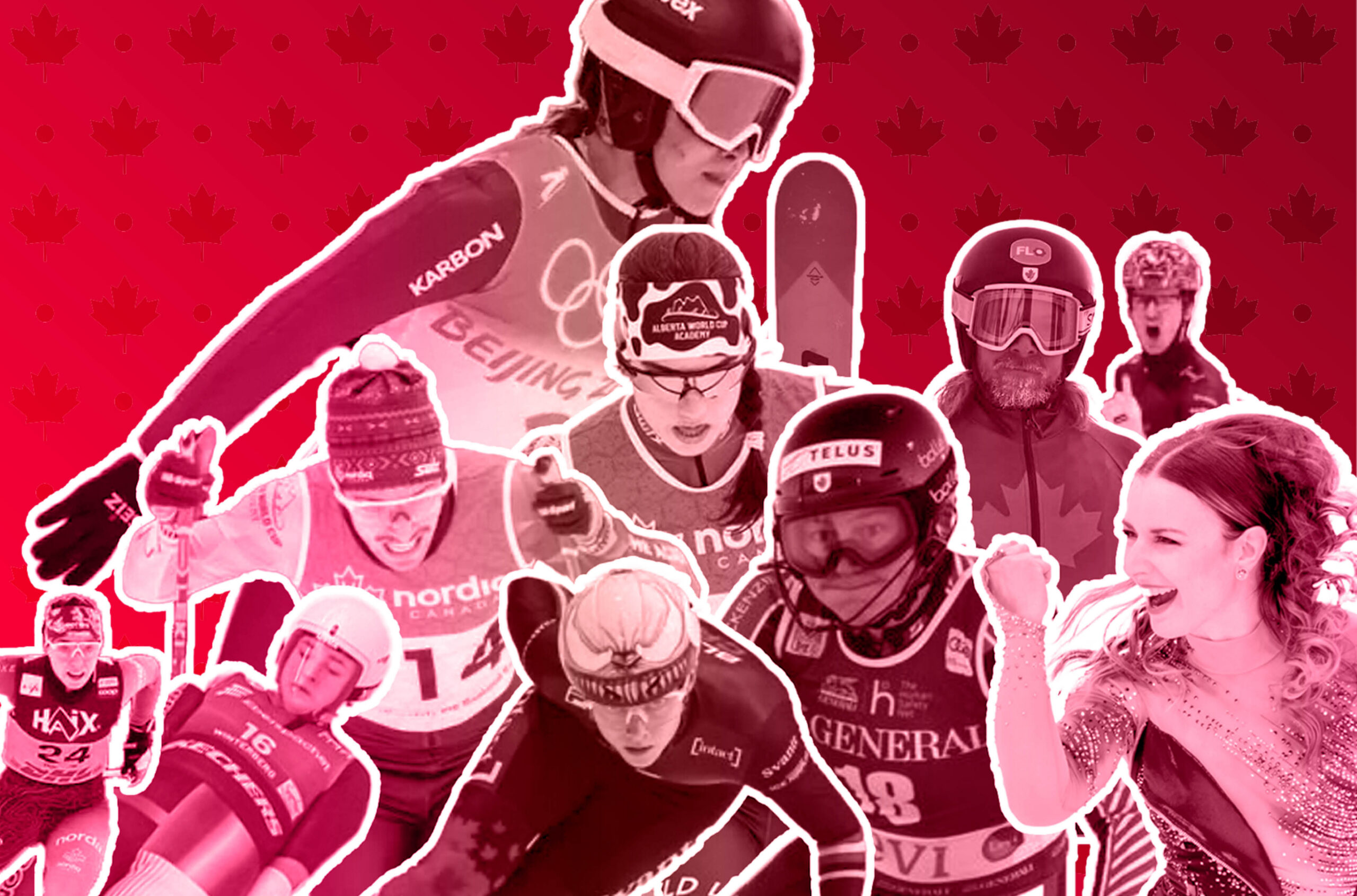

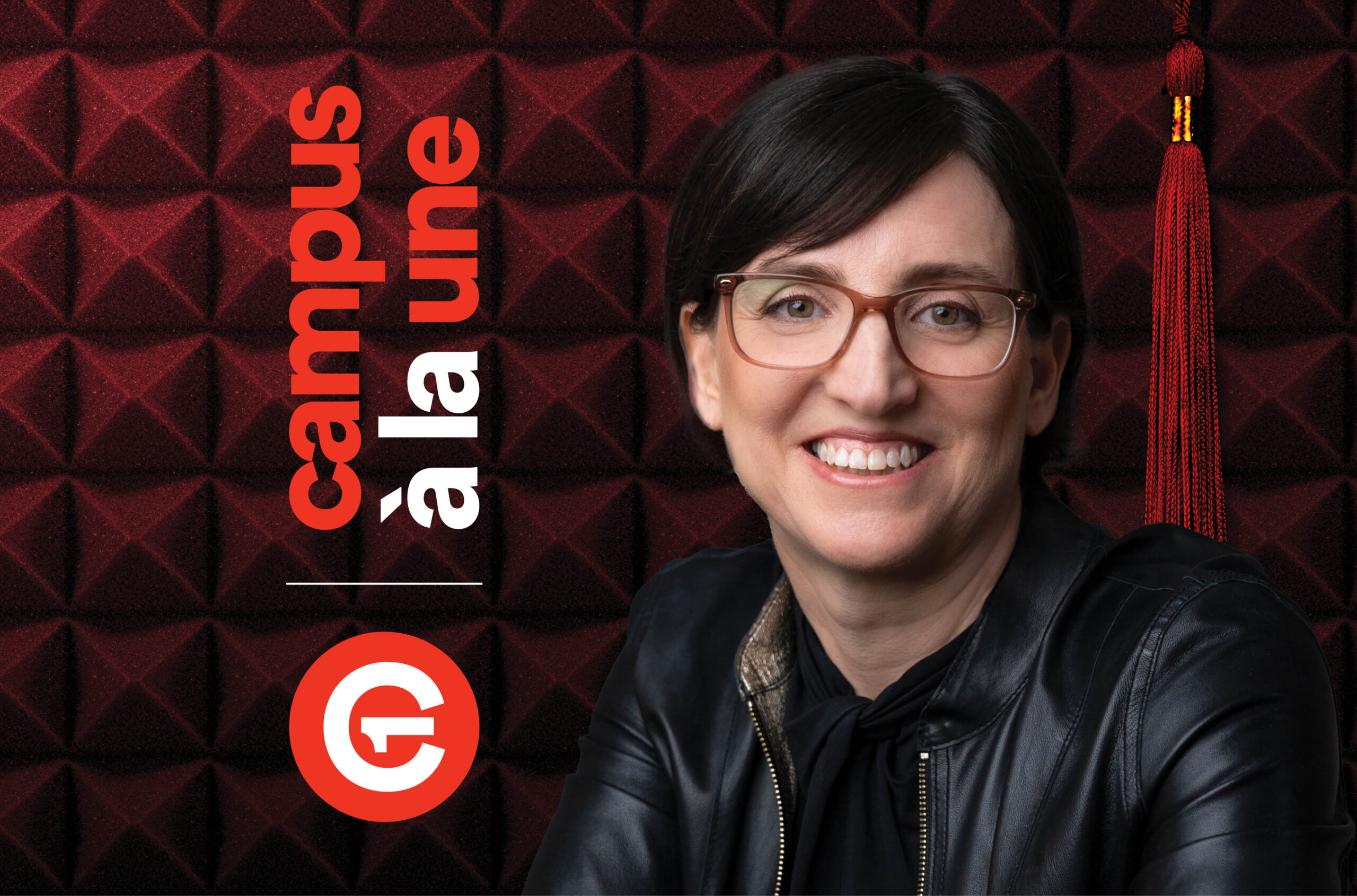
Post a comment
University Affairs moderates all comments according to the following guidelines. If approved, comments generally appear within one business day. We may republish particularly insightful remarks in our print edition or elsewhere.